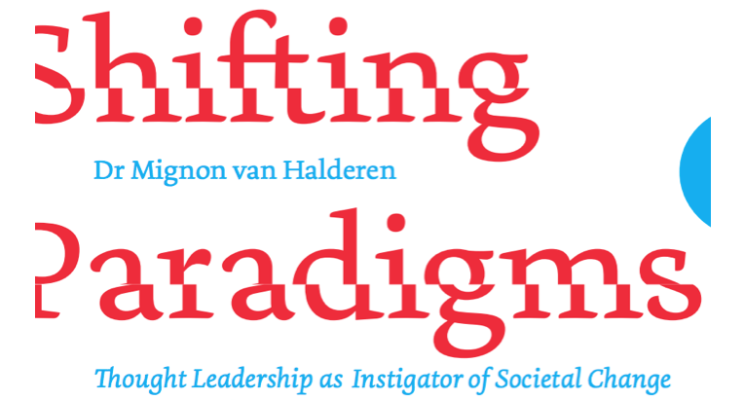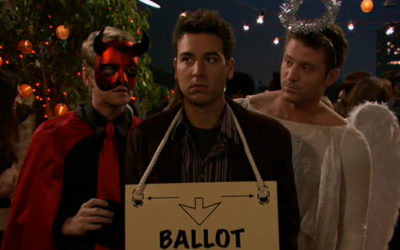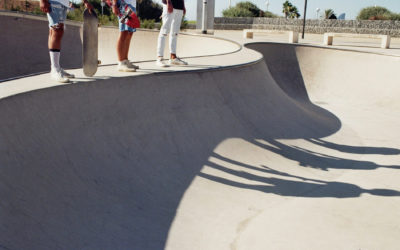One of the persons studying this is Dr Mignon van Halderen, associate professor of Thought Leadership at Fontys University of Applied Sciences. She has recently published the detailed version of her inaugural speech, certainly a good read. She has observed a rise in CEOs and other executives embracing social and transformative purpose as part of their business values and strategies; CEOs of established companies such as Unilever’s Paul Polman and DSM’s Feike Sijbesma, and founders of new social enterprises like Tesla’s Elon Musk.
One common characteristic of these leaders and companies Van Halderen describes is that they are all fully recognising the fundamental changes in the fields of healthcare, work, climate and energy, that are shaking up our society, and can even threaten our very existence. And they are all embracing the fact that they do not have the answers to all of those issues, requiring us to shake loose old ways of thinking and acting. Forget about the famous dot on the horizon, navigate to something wider. As the Dutch designer and innovator Daan Roosegaarde describes it:
How do companies cope with this uncertain, messy and complex reality? How do they contribute to the ‘new thinking’? Van Halderen labels the front runners ‘thought leaders in a society of change’, organisations with the ability to translate their thought-provoking convictions and novel viewpoints on our society into real behaviour and results.

Those were exactly the questions Unilever Europe have asked us to help with. Our solution is featured in Dr Van Halderen’s inaugural publication as an engagement case. In a sense, the challenge was to spread Paul Polman’s ‘sustainable growth’ business philosophy and strategy internally. To make it tangible for every employee, so all are triggered to contribute in their daily work, in their part of the business. Nobody has the complete answers of what to do, our engagement programme co-creates the space for mindset and behaviour changes to emerge and spread. It equips employees to drive change themselves.
Anyway, you can download Van Halderen’s full inaugural publication—including our case—at dutchschoolofthought.com.
Maybe it helps you as an executive in finding some answers. Or comforts you to know that knowing nothing is true wisdom. Especially in this change of era. Which makes me think… maybe I should start a Council of Unwise, a circle of creative people to fuel leaders’ unwisdom and new thinking. What do you think? Would it help?
How your brain makes you do bad things after doing good
Praising yourself for ‘good’ behaviour makes it more likely you will do something ‘bad’ afterwards.” Then what should you do?
What can teenagers teach leaders about learning and change?
Employees are in an identity crisis, asked to be different and behave in new ways. Like teenagers. What can these transformation experts teach leaders?
OK, your people are moving. But are they dancing?
Organizations want to be responsive to their customers’ movements, to ‘swing’, but mostly they’re simply doing the stasis shuffle – dancing on the spot.



